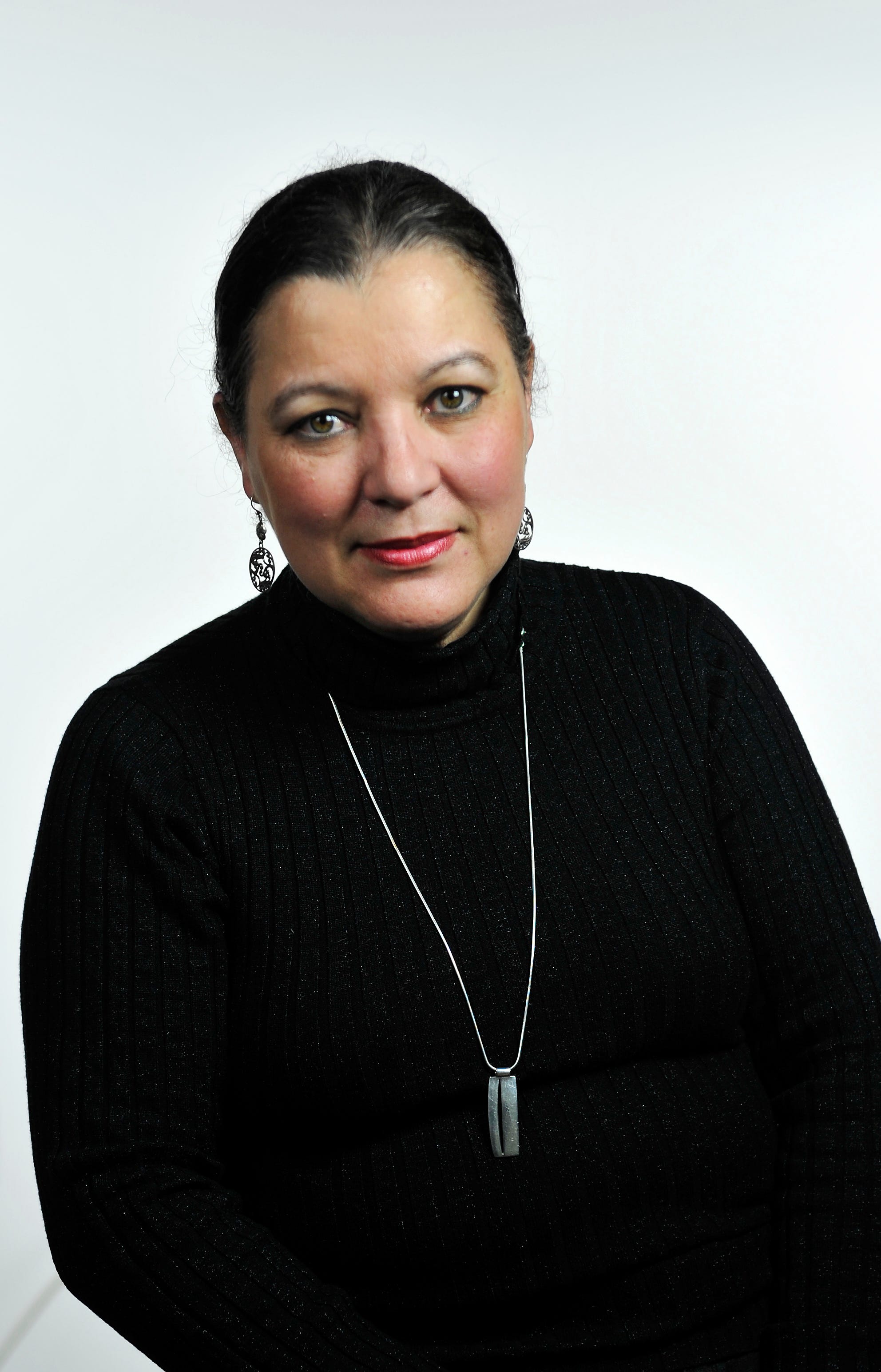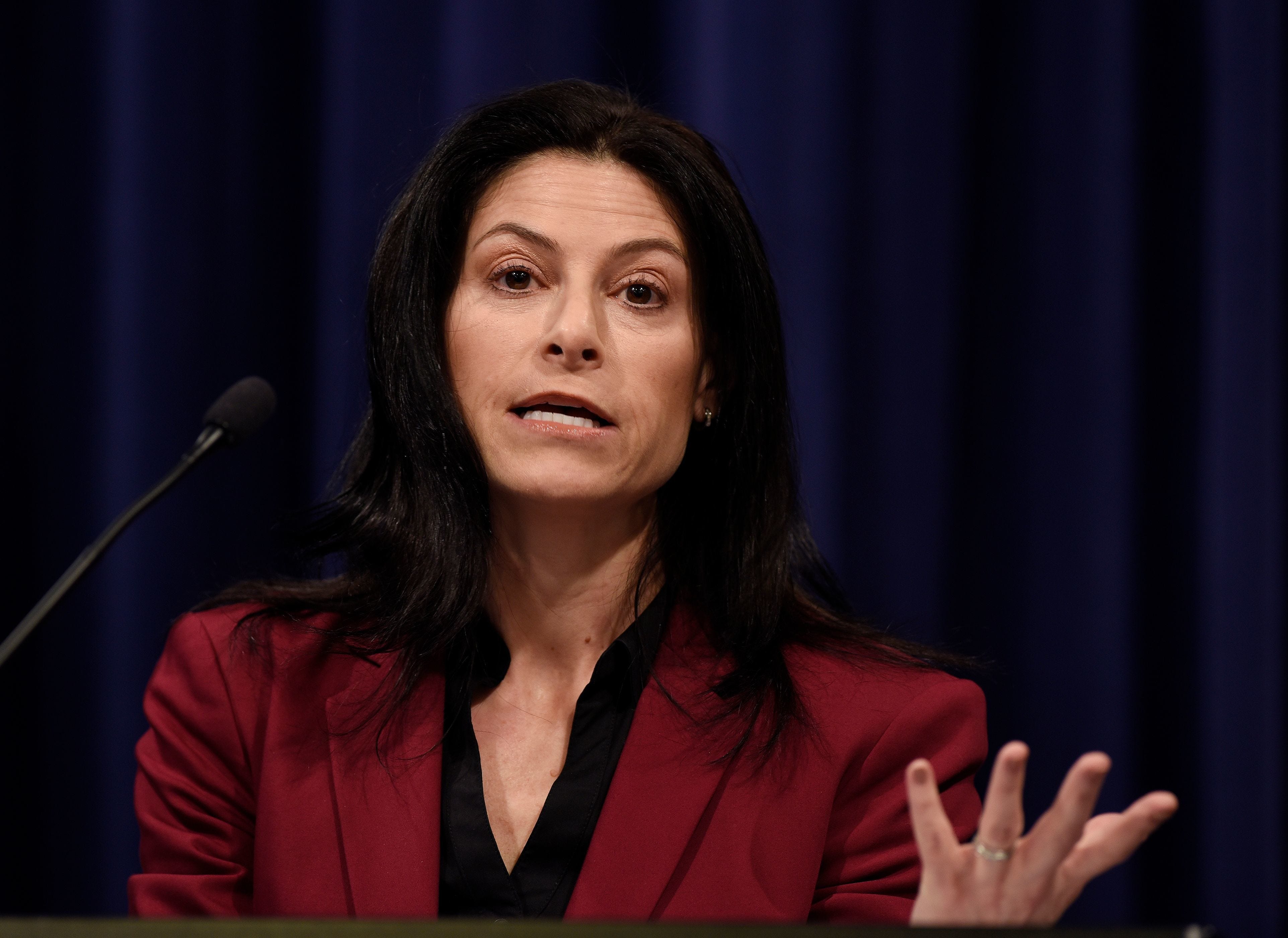Wayne County Prosecutor's Conviction Integrity Unit seen as a boon to wrongfully convicted
 Oralandar Brand-Williams
Oralandar Brand-WilliamsTwo years after Wayne County Prosecutor Kym Worthy established a unit to look into questionable convictions, staff members have plenty to keep them busy.
Since the Conviction Integrity Unit began work in January 2018, it has received about 1,200 requests to review convictions, with its five-member staff processing about 500 cases a year.

The painstaking work of combing through court records, reviewing police reports and re-interviewing witnesses has yielded 14 exonerations — a testament to the unit's worth, say cleared convicts, defense attorneys and prosecutors.
The unit, which has one full-time prosecutor, two part-time prosecutors, a full-time investigator and a full-time support staffer, has a backlog of about 700 cases and needs more resources to whittle that down, Worthy said. The unit's annual budget is just under $825,000.
"These cases are very labor intensive," she said. "At this time, if anyone is entitled to relief, it can take up to a year for an investigation to be completed and we would like to cut that time in half. We do not want any potentially innocent people to languish in prison.
"We are committed to taking these new claims of innocence seriously and we need any and all additional resources we can muster,” Worthy said.
Valerie Newman, the prosecutor who has led the unit since its inception, said the initiative and others like it in Michigan and nationwide represent a changing approach to law enforcement.
"We're getting away from being tough on crime to being smart on crime," she said. "It's a shift away from 'lock em up ... lock 'em up."
There are nearly 60 Conviction Integrity Units across the nation, and 390 exonerations reported in the past year and a half from half of those units, according to the National Exonerations Registry.
To date, 2,551 individuals have been exonerated, with the time they spent wrongfully imprisoned adding up to more than 22,540 years, according to the registry, a project of the University of Michigan Law School, the Michigan State University College of Law and the University of California-Irvine Newkirk Center for Science & Society.
"It's the only system that is working," said Aaron Salter, a Detroiter who was exonerated in 2018 after spending 15 years in prison for a murder he didn't commit. Salter, 37, has formed a nonprofit, Innocence Maintained, to assist other individuals who were wrongfully convicted and have returned to society.
"... The (Conviction Integrity Unit) provides immediate relief in multiple different forms to ensure the person involved (a) fair result," he said.
Barbara O'Brien, a Michigan State University law professor and editor for the National Exonerations Registry, agrees the units serve a much-needed function.
"For an innocent defendant who is trying to be exonerated, having a CIU willing to re-investigate and reconsider his or her case can make all the difference for many reasons, not the least of which is that the prosecutors will generally have better access to new evidence or evidence that had been overlooked or even hidden the first time around," she said.
Last April, Michigan Attorney General Dana Nessel announced a statewide Conviction Integrity Unit to handle cases from outside of Wayne County.

“We have a duty to ensure those convicted of state crimes by county prosecutors and our office are in fact guilty of those crimes,” Nessel said at the time. “By establishing this unit, we will work to make certain those ethical and legal obligations are met while providing justice to those wrongfully imprisoned and keeping dangerous offenders out of Michigan communities.”
Newman said the growing number of such units "is a recognition that the criminal justice system isn't perfect."
She added, "People aren't always forthcoming at the time of the crime."
bwilliams@detroitnews.com
(313) 222-2027